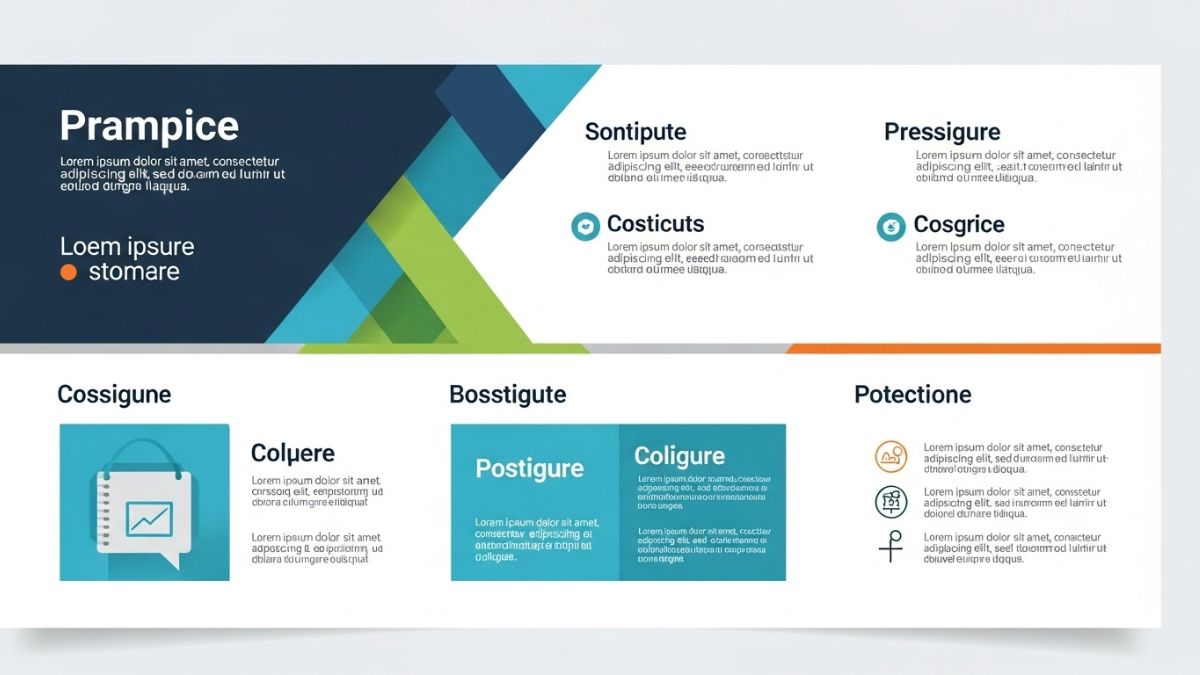KBB (Kelley Blue Book) Value is a widely recognized term when it comes to determining the worth of a vehicle. Whether you’re buying, selling, or trading in a car, understanding the KBB Value is crucial. This figure provides insight into what a car is worth based on various factors such as the car’s condition, mileage, and location. Let’s dive deep into what KBB Value is, how it’s calculated, and why it matters.
What is KBB Value?
KBB Value refers to the estimated price of a car, determined by Kelley Blue Book, a trusted authority in automotive pricing since 1926. This value serves as a baseline to help individuals understand a car’s current market value. It includes private party values, trade-in values, and retail prices.
History of Kelley Blue Book
Kelley Blue Book was established in 1926 by Les Kelley, who initially started as a car dealer. His price list for cars became a trusted source, eventually leading to the creation of Kelley Blue Book. Over the years, it evolved into one of the most reliable sources for determining vehicle values.
Why KBB Value Matters
KBB Value is essential for both buyers and sellers. For buyers, it ensures they aren’t overpaying for a car. For sellers, it helps set a competitive and fair price. Additionally, it serves as a guide for car owners looking to trade in their vehicles, helping them get the best deal possible.
How KBB Value is Calculated
KBB uses several key factors to determine a vehicle’s value. These factors include:
Car Make and Model: Different makes and models have different market values.
Vehicle Condition: Cars in excellent condition will be valued higher than those with significant wear and tear.
Mileage: The more miles on the car, the lower its value typically is.
Location: The region in which the car is being sold can affect its value.
Market Trends: The supply and demand for certain vehicles can influence KBB Values.
Types of KBB Values
There are three primary KBB Values that you’ll often come across:
Trade-In Value: The amount a dealer will offer for your car when you trade it in for a new or used vehicle.
Private Party Value: This is the estimated price you can expect to receive when selling your car to an individual.
Retail Value: The price at which a dealer would sell the car to a customer.
KBB Trade-In Value
Trade-in value is what a dealership is likely to offer you for your car. This value is usually lower than the private party or retail values because dealerships aim to make a profit when reselling the vehicle. Knowing the KBB trade-in value can help you negotiate a fair trade-in price.
KBB Private Party Value
If you’re selling your car directly to another person, the private party value comes into play. This value is typically higher than trade-in value but lower than retail value. It’s important to price your car close to its KBB private party value to attract buyers while ensuring you get a fair deal.
KBB Retail Value
The retail value is the price a dealer would charge for the car after reconditioning it. This price is the highest compared to trade-in and private party values because dealerships typically clean, repair, and offer warranties on the vehicles they sell.
Using KBB to Buy a Car
When you’re in the market to buy a used car, KBB can be an invaluable tool. By checking the KBB value of the car you’re interested in, you can determine whether the seller’s asking price is reasonable. If the price is higher than the KBB value, you may have room to negotiate.
Using KBB to Sell a Car
Before selling your car, it’s wise to check its KBB value. This will give you a realistic idea of what you can expect to get for your vehicle, whether selling privately or trading it in. Sellers can use KBB as a reference point when setting their asking price, ensuring it’s competitive but fair.
How KBB Affects Insurance Claims
When filing an insurance claim for a totaled or damaged vehicle, insurers often reference KBB values to determine the payout. Knowing your car’s KBB value ahead of time can help you anticipate the settlement amount and ensure it’s accurate and fair.
Limitations of KBB Value
While KBB is a trusted resource, it’s not perfect. Market conditions can change rapidly, and KBB values may not always reflect real-time data. Additionally, individual dealers and buyers may have different perceptions of a car’s worth. KBB should be used as a guide, not the final word.
Other Factors to Consider
In addition to KBB values, it’s important to consider other aspects when evaluating a car’s worth:
Vehicle History Reports: Services like Carfax provide detailed histories, including accidents and repairs.
Upgrades and Modifications: Aftermarket modifications can either increase or decrease a car’s value depending on their nature and quality.
Maintenance Records: A well-maintained car will generally have a higher value than one with a patchy service history.
How to Maximize Your Car’s KBB Value
To get the best possible KBB value for your car:
Maintain Regular Service: Keep up with routine maintenance to ensure the vehicle stays in good condition.
Repair Damage: Fixing minor dings, scratches, and mechanical issues can improve your car’s value.
Keep Records: Keeping a detailed record of your car’s service history can boost its appeal to buyers or dealerships.
Alternatives to KBB Value
While KBB is widely trusted, there are other tools available for valuing vehicles. Some alternatives include:
NADA Guides: The National Automobile Dealers Association provides car values similar to KBB.
Edmunds: Another popular resource for determining a car’s worth.
TrueCar: Offers real-time pricing data based on current market conditions.
Conclusion
Understanding KBB Value is crucial for anyone looking to buy, sell, or trade in a car. It serves as a trusted benchmark for determining what a vehicle is worth based on numerous factors. However, while KBB is an excellent resource, it’s essential to consider other aspects like market trends and vehicle history when evaluating a car. Armed with this knowledge, you can navigate the automotive market with confidence and ensure you get the best deal possible.
FAQs
Is KBB value accurate?
KBB values are a good estimate, but market conditions and individual preferences can affect the final sale price.
How often does KBB update its values?
KBB updates its values weekly, ensuring they reflect the latest market conditions.
Can I trust KBB for trade-in values?
Yes, but keep in mind that dealers might offer less due to their need to make a profit on the resale.
Does KBB consider vehicle modifications?
KBB typically doesn’t account for aftermarket modifications unless they significantly impact the vehicle’s value.
What is the difference between KBB and NADA values?
While both provide car valuations, NADA focuses more on dealer pricing, whereas KBB offers consumer-centric values.















